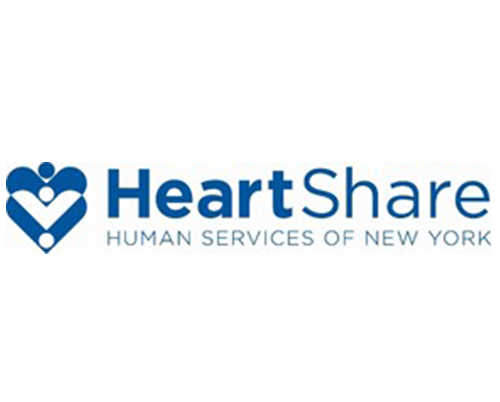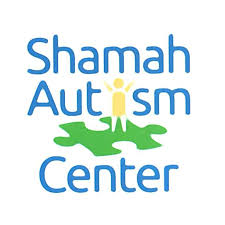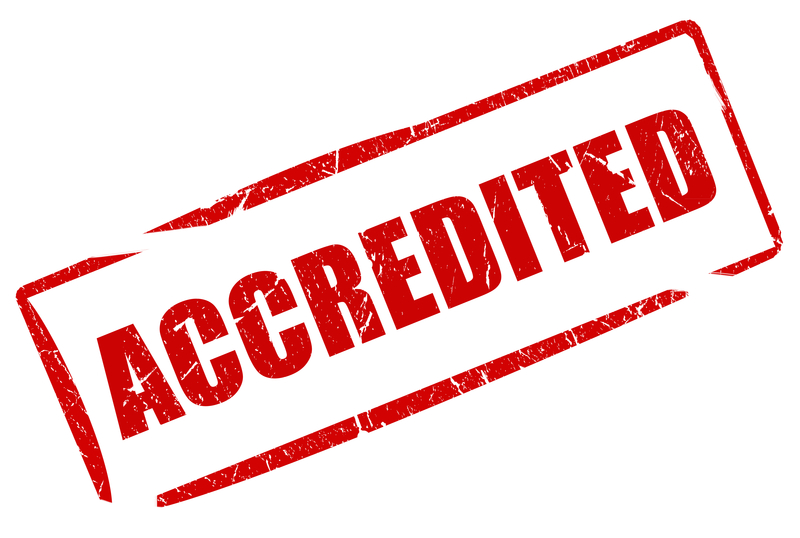As the COVID-19 pandemic has evolved, technology-based service delivery – “Telehealth” (aka Teletherapy or Telemedicine) has quickly become a necessary mode of service delivery for behavioral health providers. One study reports that using telehealth for substance use disorder care has increased 1,400% during COVID. The tremendous uptick over such a short time necessitated a “learn as you deliver” approach for many providers. Now, eighteen months into the pandemic, providers are trying to transition into a new normal and evaluating whether they should offer online, in-person, or hybrid services. Lessons learned from the quick adoption of telehealth for behavioral health care indicate “one mode does not fit all”.
What will be the best mode of service delivery in the future?
In terms of patient satisfaction, it may be a mix. A Vista Research Group study indicates that patients receiving both face-to-face and telehealth treatment consistently rated their satisfaction more highly than those receiving only in-person care. “I see a tremendous variance in staff and clients’ perceptions, experiences, and value assessment of behavioral health telehealth service deliver,” says David G. Branding, PhD, CEO, JAMHI Health and Wellness, Inc.
Yet Behavioral Health Business reports that a market research study polled individuals receiving tele-behavioral health services and showed the majority – 84% – wanting to continue. Reasons for continuing virtual services include the convenience, lack of need to travel, and more comfortable surroundings at home. Carol Smith, one of Accreditation Guru’s CARF accreditation experts, says, “The organizations that I am working with report increased accessibility for their clients due to services being delivered virtually.”
But not everyone has equal access to, or comfort with, telehealth technology, per a RAND corporation study. “While the increased use of telehealth was widespread, some groups of Americans reported using the services less often than others,” said Dr. Shira H. Fischer, lead author and a physician researcher at RAND, a nonprofit research organization. “If telehealth use is going to remain high, we need to ensure quality of access, particularly for behavioral health care where education, age, and gender were all associated with levels of use.”
Indeed, behavioral health providers are hearing mixed reactions to continuing telehealth. As Colorado Behavioral Healthcare providers transition back to in-person service delivery, they are receiving mixed feedback. “Some staff and clients want to continue with virtual services, while other staff and clients want face-to-face services,” says Doyle Forrestal, Chief Executive Officer of Colorado Behavioral Healthcare Council
As organizations adapt service delivery modes to changing environmental conditions, critical factors to consider are efficacy, client satisfaction, and accessibility. Dave Branding reminds agencies that no matter what mode(s) of service delivery are used, services must always be person-centered.
Accreditation Guru can provide knowledgeable, experienced, and efficient consulting for ay behavioral health organization on the path to (re)accreditation, regardless of your chosen service delivery.
We’d love to hear from you! Reach out to us for more information.
Sources
- LexisNexis Risk Solutions, 2021 Mental Health Report Validates Surge in Mental Health Telehealth Visits During pandemic, healthcaredive.com (May 20, 2021).
- Conti, Joanna, Why Were Patients Dissatisfied with Telehealth-Only Addiction Treatment? vista-research-group.com (July 22, 2021).
- Coward, Kyle, 84% of Americans Want to Continue Getting Mental Health Care Via Telehealth Post Pandemic, BHbusiness.com (July 8, 2021).
- Fischer, Shira H., MD, Use of Telehealth Jumped as Pandemic Shutdown Begun, Use is Highest for Mental Health Services, Rand.org (January 11, 2021).
For more information or questions about the contents of this article, please write or call Jennifer Flowers @ Jennifer@AccreditationGuru.com / 212.209.0240. This post contains original content and was written for Accreditation Guru, Inc. Use of this copy is permitted with credit and reference within the same body of copy to Accreditation Guru, Inc.





 for large multi-service organizations at the same time. Accreditation Guru worked diligently with us to make sure our responses were clear and concise, turning this into a learning process that helped our organizations strengthen their best practices and alleviate challenges. In the end, we not only submitted our self-studies three days before the due date, but also received two expedited re-accreditations. This would have been impossible without the assistance of Accreditation Guru.” – Stanley Capela, Vice President of Quality Management
for large multi-service organizations at the same time. Accreditation Guru worked diligently with us to make sure our responses were clear and concise, turning this into a learning process that helped our organizations strengthen their best practices and alleviate challenges. In the end, we not only submitted our self-studies three days before the due date, but also received two expedited re-accreditations. This would have been impossible without the assistance of Accreditation Guru.” – Stanley Capela, Vice President of Quality Management
